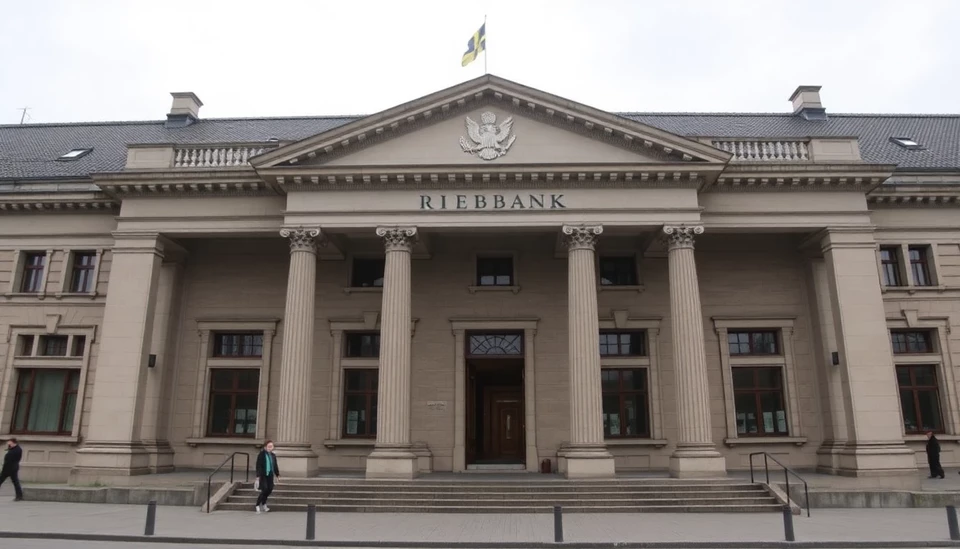
Swedish economic indicators have revealed promising signs, as core inflation has finally aligned with the Riksbank’s targeted levels. This development is crucial as it plays a significant role in the central bank’s ongoing discussions regarding potential monetary easing measures.
The latest reports indicate that core inflation, which excludes volatile energy and food prices, has reached the Riksbank's target of around 2%. This achievement comes as a relief for policymakers who have been grappling with inflationary pressures in recent years. The Riksbank, Sweden's central bank, has been under pressure to adjust its monetary policy to reflect the evolving economic landscape, and this recent stabilization indicates that their strategies may be yielding the necessary results.
With core inflation in check, analysts are speculating that the Riksbank may soon consider reducing interest rates to stimulate growth. The implications of such a move could be significant for Sweden's economy, especially in light of global economic challenges and fluctuating inflation trends. Economists suggest that easing measures could enhance consumer spending and investment, essential drivers of economic recovery.
The Riksbank's upcoming meetings will be critical in determining the path forward. The balance between promoting growth while keeping inflation stable is a delicate one, and the bank's decisions will be closely monitored by both local and international markets. Earlier this year, the central bank had hinted at a cautious approach in managing interest rates, indicating that any moves would be carefully calculated to avoid reigniting inflationary pressures.
In a broader context, Sweden's economic performance relative to its European neighbors may also influence the Riksbank’s strategy. Stability in core inflation positions Sweden well against countries experiencing higher inflation rates, making it an attractive destination for investment. However, the central bank must weigh this alongside potential risks associated with rapid credit expansion and overheating in certain sectors of the economy.
As we look ahead, the interplay between Sweden's economic growth, inflation pressures, and the Riksbank's monetary policy will be crucial topics for analytical discourse. The central bank's ability to navigate these waters will play a pivotal role not just for Sweden, but for the broader European economic landscape.
As stakeholders await the Riksbank's next move, all eyes will remain on the evolving inflation data and economic indicators that will guide their decision-making process in the forthcoming months.
#Sweden #CoreInflation #Riksbank #MonetaryPolicy #EconomicGrowth #InterestRates #FinancialNews
Author: Rachel Greene




